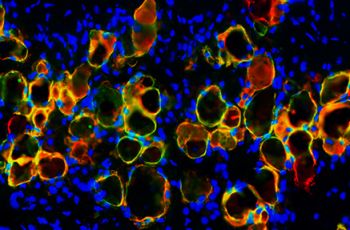
Pandemic outbreaks of cholera had a profound influence on the development of modern Iran, steering the country’s social, economic, and political currents, according to a new book, titled “A Modern Contagion: Imperialism and Public Health in Iran’s Age of Cholera.”
The book by Amir Afkhami, MD ’03, PhD, associate professor of psychiatry and behavioral sciences at the George Washington University (GW) School of Medicine and Health Sciences, provides an overview of cholera in Iran in the 19th and 20th centuries.
Outbreaks of the disease drove the adoption of new paradigms in medicine, helped transform Iranian views of government, and caused enduring institutional changes during a critical period in Iran’s modern development.
“Cholera played an important role in Iran’s globalization and diplomacy,” explained Afkhami, who also is an associate professor in global health at the Milken Institute School of Public Health at GW and associate professor of history at the GW Columbian College of Arts and Sciences. “Understanding the spread of the disease and its effects on Iran increases our understanding of the ongoing sociopolitical challenges in the country and the rest of the Islamic world.”
“A Modern Contagion” draws from Iranian, European, and American archival records and is published by Johns Hopkins University Press.
In addition to his role at GW, Afkhami has also been a senior adviser to the United States Department of Defense, the U.S. State Department, and legislative advisor at the U.S. Senate on issues pertaining to both domestic and global public and mental health policy and diplomacy in the Middle East and South Asia.


